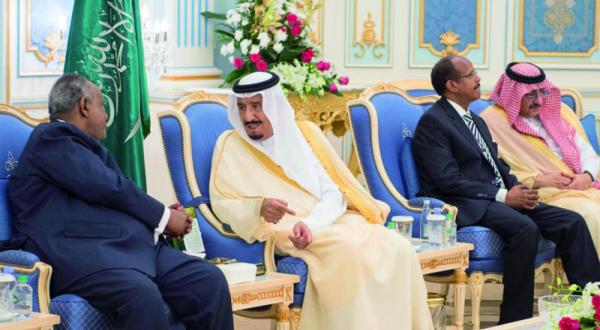Rarely does Djibouti, a country with little resources and that covers an area of 14,300 square miles and a population of 875,000 people in the Horn of Africa, make global headlines. However, Djibouti is currently considered the most important coastal connector in the developing world because of its relative stability and its strategic location.
Djibouti is an increasingly vital economic and energy hub thanks to its proximity to the Strait of Bab El Mandeb and the Suez Canal – Aden path which 10% of the world’s oil exports and 20% of commercial exports pass through annually.
Since November 2002, Djibouti became the headquarters of the US military base Camp Lemonnier which is the only American base in the continent although other bases belonging to the French, Italians, Spanish and Japanese are present. The United States maintains a small number of sites and airports in Africa but Camp Lemonnier is considered the only official and fully operational military base in the continent.
However, two new military delegations have arrived in the country; the Chinese Foreign Ministry announced an agreement with Djibouti to host the first base outside the South China Sea on the 21st of January. Operations to construct it began a few days later. Although Beijing has described the facility as a “logistical base and quick evacuation”, opponents of the strong Asian country such as Taiwan argue that such a base is likely to represent the beginning of the rise of an aggressive military to rival the United States.
Six weeks later, Saudi Arabia announced that it will also establish a base in Djibouti in what appears to be part of a new assertive policy to confront Iran’s proxies politically and militarily throughout the region. Each of the new parties now own new economic investments and large soft forces that will begin to operate in Djibouti.
Saudi Arabia is a prominent sponsor of public services in Djibouti and contributes to social welfare projects for the poor there by creating housing, schools and mosques for the growing number of Yemeni refugees there.
